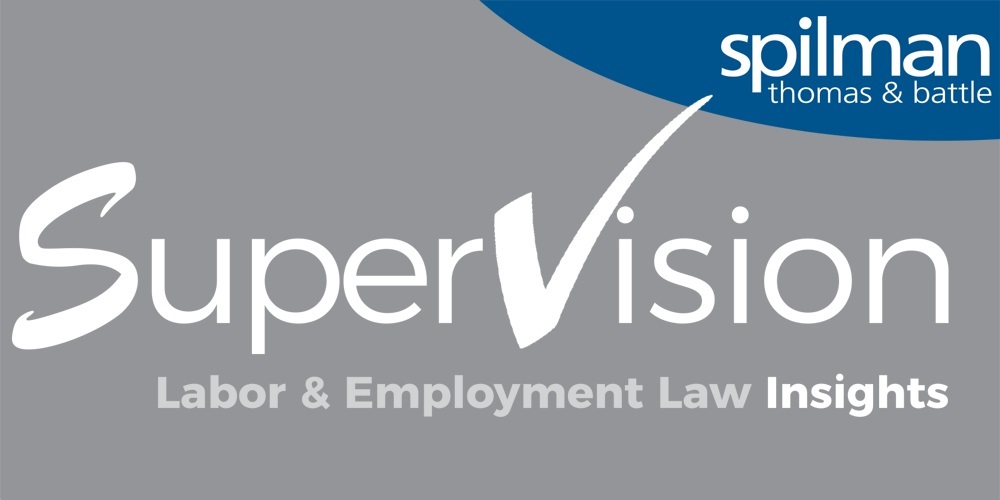Article
Resources
Article
U.S. House of Representatives Passes the Pro Act, a Game Changer for Labor Relations

The Protecting the Right to Organize "PRO" Act was introduced on February 4, 2021 and passed the U.S. House of Representatives last night. If enacted, it would change labor law in the United States significantly by altering the National Labor Relations Act ("NLRA") in major ways. First, the PRO Act would allow unionized workplaces to require payment of union dues by all employees as a condition of employment, ending the right-to-work laws in states. The PRO Act anticipates that this requirement would be enforced through "union security clauses" in collective bargaining, which subject an employee to termination if they were to refuse to pay union dues. Under the PRO Act, employers also would be prevented from permanently replacing striking employees during collective bargaining (and preclude lockout in some instances), which can put the union at a huge advantage when it comes to negotiations. Along those lines, unionized employees also may participate in secondary strikes, which are currently prohibited by the NLRA. Another major change found with the PRO Act is the broadening of the definition of "employee" and the narrowing of the definition of "supervisor." This would allow more employees to be represented by a union. In the event that a union loses majority support, employees would be far less likely to be able to decertify the union. The PRO Act would reinstate the unions' right to "block" a decertification petition by filing as many unfair labor practice charges as it wishes, for an indefinite period of time, effectively preventing a decertification election from being held.
The PRO Act also would cease allowing the employer to implement its last, best, and final offer in the event of a bargaining impasse. Instead, the employer would be required to submit to an "interest arbitration" to resolve the dispute. If the employer refuses to meet these demands within 30 days, federal mediators then are given the right to determine what terms will be included in the collective bargaining agreement based on certain factors unrelated to business needs.
As far as legal exposure goes, under the PRO Act, the definition of "joint employer" is expanded, meaning that employers who are considered "joint employers," or who exercise "indirect" control can be held liable for violations committed by a separate employer. The PRO Act would further invalidate mandatory arbitration agreements, which could lead to possible class action litigation. Federal injunctions also would be much more likely in cases of discharge or "other serious economic harm to an employee," as the NLRB would be directed to seek injunctive relief only after taking a brief preliminary look at the case.
Finally, the PRO Act provides for front pay, consequential damages, double damages, and punitive damages, instead of seeking to restore the status quo. Employers also can be subjected to further penalties for certain violations. Even directors and officers of the employer may be liable for such civil penalties when the director or officer either directed someone else to commit the violation, personally committed the violation, established a policy that resulted in the violation, or had knowledge that the violation was occurring and failed to prevent or correct it. Under the PRO Act, employees may sue the employer in addition to NLRB charges, as long as there is no NLRB injunction litigation pending. Those employees would be able to recover punitive damages if successful.
Some final notable changes found in the PRO Act include allowing employees to use their employee emails and other electronic communication channels for union and organizing purposes, unless the employer is able to set forth a compelling business reason to not allow such activity. Additionally, the PRO Act would allow for "quickie" elections, giving employers less time to prepare for pre-election hearings, and letting the union choose key aspects of the election process, including the date of the election, whether the ballots will be received via mail or in person, and where the election will be held.
President Biden has confirmed that he will sign the PRO Act if it is passed by the Senate. And make no mistake about it, if the PRO Act -- or material portions of it -- survive the Senate, it will usher in the most sweeping changes to federal labor law in decades.
If you have any questions about this legislation, feel free to contact Kevin Carr, Co-Chair, Labor & Employment Practice Group.


